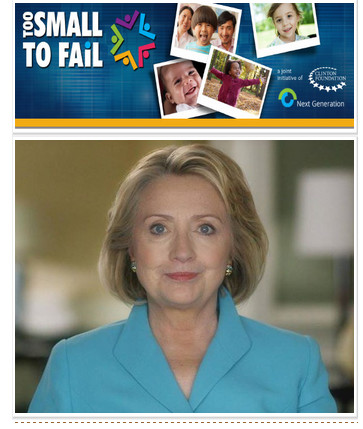“Mommy,
what does ‘tectonic’ mean?” asked a four-year-old recently during a
conversation about earthquakes. The resulting explanation may have left a
few questions in the boy’s mind about the geology of our planet, but
helped establish an important pattern for the boy—to learn to recognize
complex vocabulary words in speech.
Language—regardless
of its country of origin—plays an important role in the development of
an infant’s brain. By age three, a child has heard millions of words
from parents, caregivers and educators, which help establish word
recognition and comprehension skills. The more diversity in words a
child hears during these early years, the better she will be at picking
out meaning in what she reads and applying it to other things she learns
as she gets older.
Reading
a wide variety of books aloud to children from early infancy through
age five is critical to vocabulary development. According to Reading is
Fundamental, the vocabulary of the average children’s book is greater
than that found on prime-time television. And the more words a child
hears from a book, the more she will associate reading with learning.
Unfortunately, more than 40 percent of preschoolers are not read to
regularly.
But
reading is not the only way that children pick up important vocabulary
skills. Not all parents may feel comfortable reading books to their
young children, but they can talk, tell stories and sing nursery rhymes,
and even ask questions of their verbal toddlers to engage them in
conversation. And the sooner parents begin to read and talk to their
children, the better. The process of acquiring words is cumulative from
birth, and research has shown that the “word gap” between low-income
children and high-income children begins as young as 18 months of age.
In
short, parents and caregivers—regardless of their native tongue or
reading ability—can make a big difference in the future learning of
their children. The key is to start early.
Learn More:
In the News:
Video
Tips for parents on how to make books fun for their kids—and for themselves.
>>

